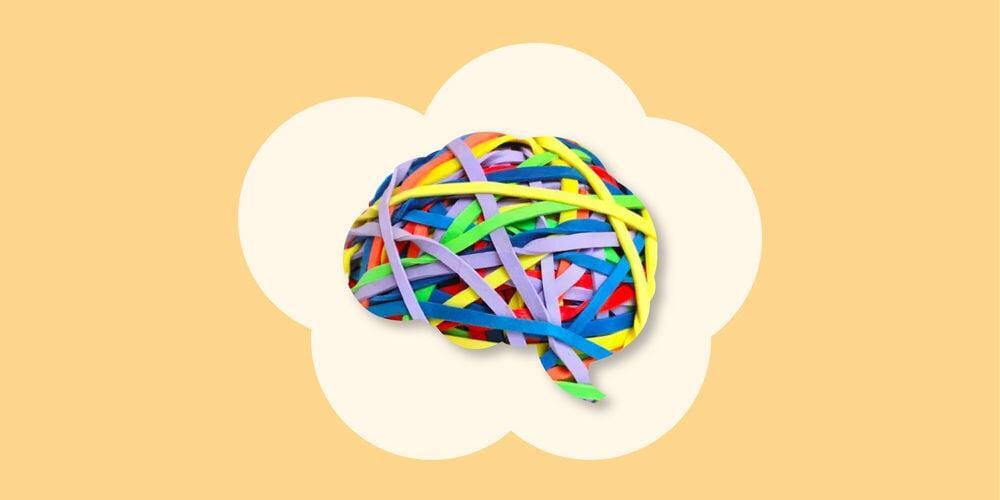Neuroplasticity and Brain Games: A New Approach to Aging Gracefully
Author: Almila Bahar

When we hear about aging and cognitive health, we often worry about the loss of memory and mental sharpness. However, modern research has painted a much brighter picture of the aging brain, thanks to a phenomenon known as neuroplasticity. This is the brain’s ability to recognize and form new connections throughout life. This means that, even in our later years, our brains can still grow and adapt, especially when we challenge them with new activities.
Understanding Neuroplasticity
Neuroplasticity refers to the brain’s ability to undergo adaptive structural and functional changes. It is defined as “the capacity of the nervous system to alter its activity in response to internal or external stimuli by reorganizing its structure, functions or connections” (Mateos-Aparicio and Rodríguez-Moreno, 2019). Regular mental challenges (like brain games) can strengthen pathways between neurons, helping preserve memory and cognitive skills over time.
Neuroplasticity operates through two primary mechanisms:
- Neuronal regeneration/collateral sprouting: This involves processes like synaptic plasticity and neurogenesis.
- Functional reorganization: This encompasses concepts such as equipotentiality, vicariation, and diaschisis. Briefly, equipotentiality is the concept that when one area of the brain is damaged, the opposing side of the brain would be able to sustain the lost function. Vicariation is when a part of the brain overtakes a new and unrelated function. Finally, diaschisis describes the concept that damage to one part of the brain can cause a loss of function in another area due to some connected pathway.
Brain Games and Their Role
- Memory Games: Improve recall and help retain information.
- Attention Games: Sharpen focus and filter out distractions.
- Problem-Solving Games: Encourage flexible thinking and problem-solving.
Research on Brain Games
Studies like the ACTIVE trial support the idea that brain-training exercises can make a meaningful difference in cognitive skills and even delay age-related memory decline (Yasgur, 2024). While research is ongoing, these findings are promising because they suggest that brain games can help maintain cognitive resilience.
Number puzzles, such as sudoku, may have a similar impact as crossword puzzles when it comes to cognitive function. A study involving 20,000 people aged 50 and older from UCLA Health called, 4 Worthwhile Games for Older Adults, found a direct correlation between brain function and the frequency of completing number puzzles (UCLA Health, 2024). Engaging in these puzzles more than once a day even enhanced cognitive performance to levels typical of individuals eight years younger.